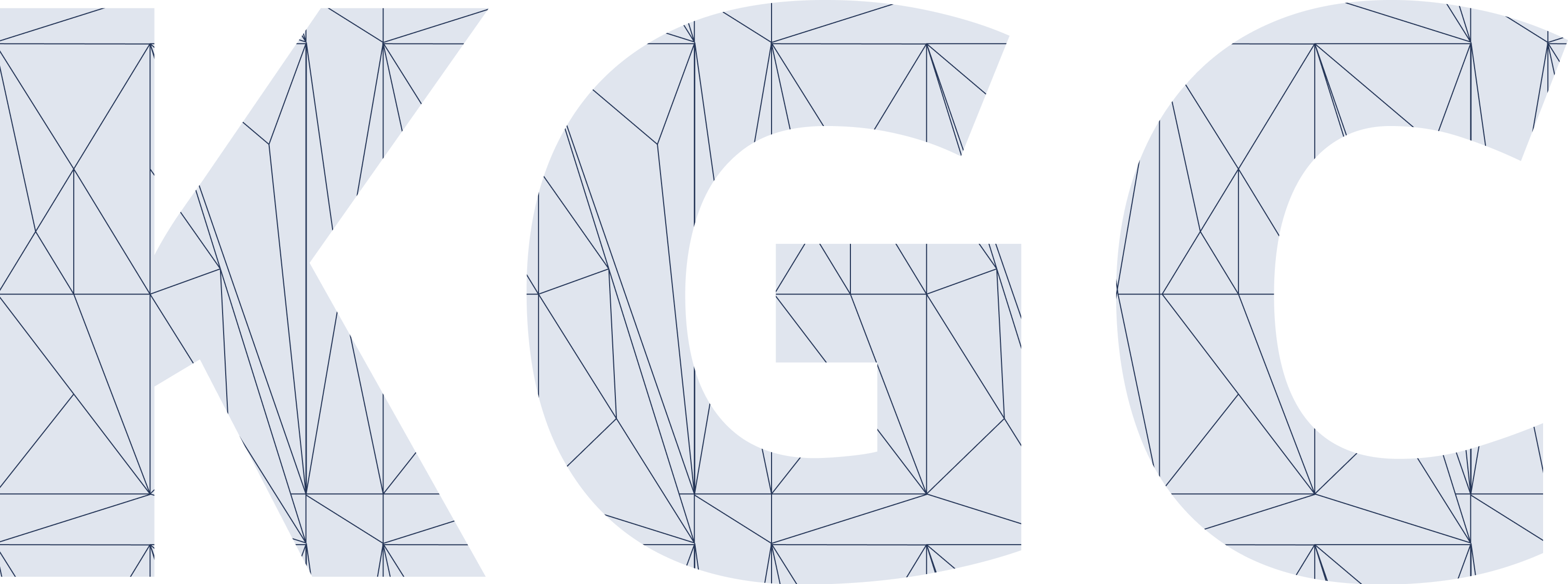Neda Abolhassani
Neda Abolhassani is an R&D Associate Principal and Data Scientist at Accenture Labs. She holds a Ph.D. in Computer Science from University of Georgia. Her research explores ontology engineering, knowledge representation and integration, as well as machine learning.
2021 Talk: Accelerating Industry Data Integration: Knowledge Graph Enabled Data Mesh
A data supply chain is industry-specific, but many data prep tools are industry agnostic. As part doing this work, data engineers and domain experts apply their deep knowledge of how to transform raw data to a form that can address specific problems. In this way, the data supply chain is a domain like so many others to which AI is applied. It involves making decisions repeatedly informed by past experience.
Our work aims to leverage our own experience, to capture and apply industry and domain experience to accelerate industry data integration. To tackle this problem we’re taking an approach that layers a Knowledge Graph on top of the Data Mesh to capture domain knowledge and to connect the different data domains.
Like many others, we’re excited about Zhamak Dehghani’s new Data Mesh architecture paradigm. It’s distributed architecture follows many of the data integration strategies from the web, and includes mature rules around data products, quality, and governance.
This talk illustrates how some machine learning techniques can help in data profiling and mapping of siloed data sources for Enterprise Knowledge Graph construction. We present how this Knowledge Graph can be employed in a Data Mesh architecture for accelerating industry data integration for an Oil and Gas use case.
2020 Talk: A Meta-graph Solution for Recommender Systems
The proposed meta-graph solution for recommender systems is a living process for semi-automatically resolving recommendations using guided queries upon a knowledge graph. In addition, this solution is explainable; it can provide comprehensible recommendations that show the reason for each result along with a statistical measure. A detailed use case for this application which is an issue tracking system for Oil & Gas companies is presented in this work. In the introduced use case, the interlinks between failure events and their associated actions are captured in a knowledge graph. To overcome data sparsity, scarcity, and non-trivial relationships, a relatively new concept called ‘meta-graphs’ are employed. Using meta-graph patterns defined on the knowledge graph schema, we can recommend actions based on the semantic relatedness of the various failure events and their corrective actions. Moreover, the recommendation results selected by the end-user and the meta-graphs evaluated by the domain experts are automatically graded during the entire lifecycle of the system for transfer learning, reliability evaluation and reproducibility.
View the complete talk in the KGC media library.

